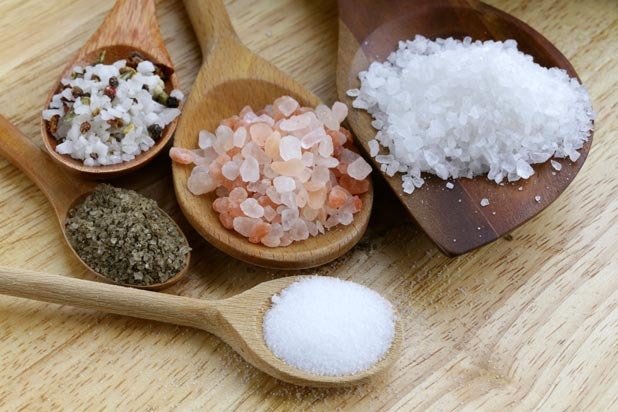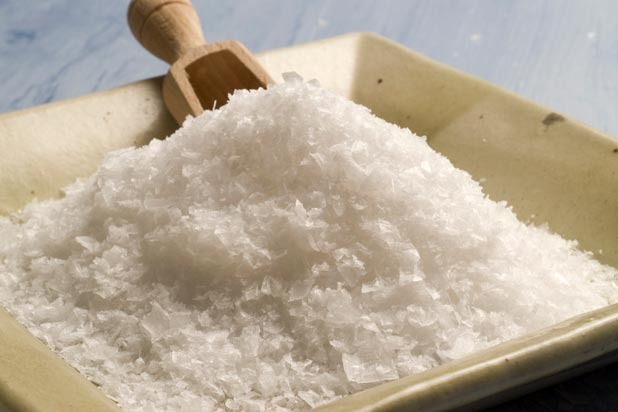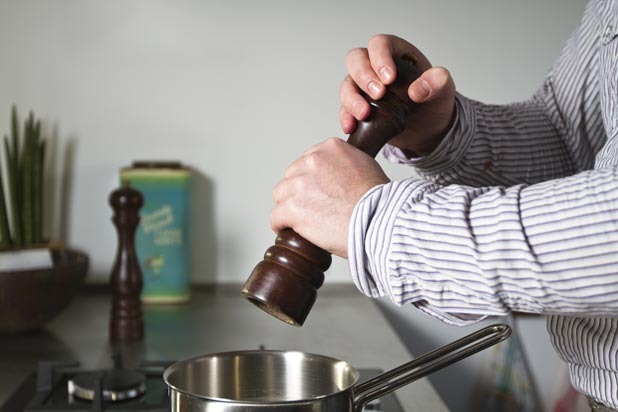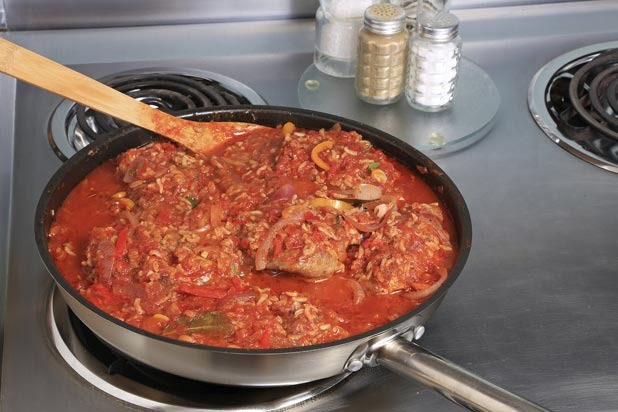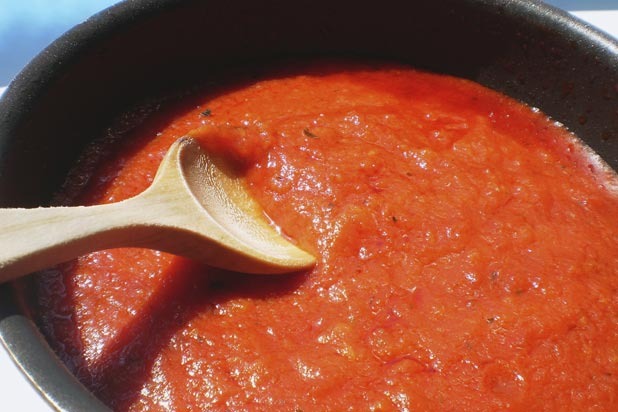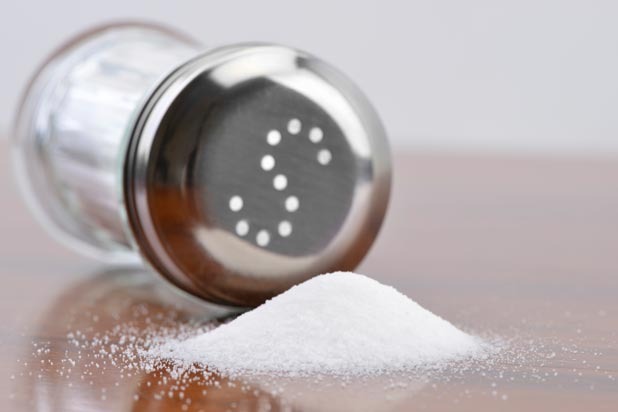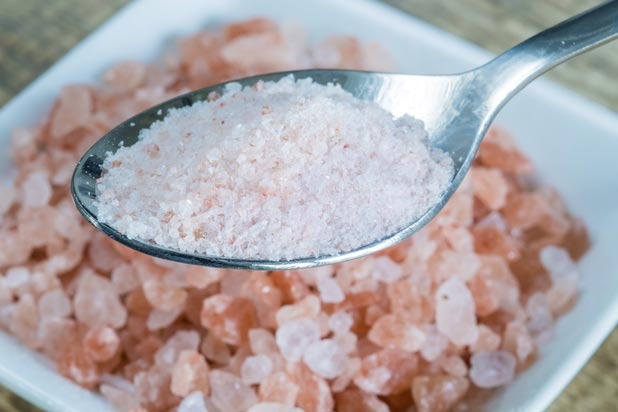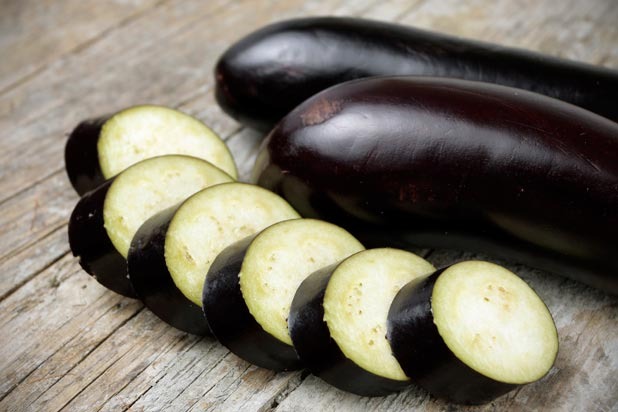10 Ways You're Misusing Salt (Slideshow)
There is one product that every kitchen needs: salt. Lots of home cooks view salt as optional, but in reality it is a non-negotiable part of cooking. Nothing adds more flavor to your food than salt.
Varieties of Salt Have Varied Uses
If a recipe calls for kosher salt please don't substitute table salt. Table salt is very finely ground (and not particularly tasty), so one tablespoon of table salt will be much denser than a tablespoon of flakey kosher salt. Most baking recipes call for fine salt because measurements need to be more exact for baking.
Finishing Salt
Flaky sea salts, like fleur de sel, sel gris, and Maldon sea salt are best used as finishing salts. They're a little bit on the pricey side but will really add a wonderful flavor to simple dishes like grilled meat or fresh vegetables. If you're going to use a finishing salt, remember to slightly under-season your food while cooking.
Salting Pasta Water
Salting the water for pasta is a necessary step; it's the only chance for you to season the actual noodles. Salted water for pasta should taste like sea water, about a tablespoon per quart of boiling water. Although this step doesn't speed up boiling water, it does add lots of flavor to your food.
Blanching Vegetables and Other Starches
You also have to season the water before blanching vegetables and boiling starches (like rice and potatoes); it's a great chance to add flavor. You can add salt after cooking, but it ends up tasting like a layer of salt on top of the food, instead of a natural progression of flavor.
Not Adding Enough Salt
Unless you have specific orders from the doctor, salt is non-negotiable in cooking. It makes everything delicious (yes, even ice cream and other sweets). Some things need extra salt love, like meats, soups, and stews.
Seasoning All At Once
Season as you cook, not just at the end. For example, when you're making a tomato sauce, season when you sauté the onions and garlic, again when you add in the tomatoes, and also taste and season while the sauce simmers to develop the most flavor.
Recipes Are Just Suggestions
Don't follow recipes blindly when it comes to seasoning (except in baking). The reason you season while you cook is so that you can add the right amount of salt to your food. Add a little at a time and taste along the way.
Adding Too Much Salt
So you added just a bit too much salt. Take a deep breath, you can fix this. Your best bet is to add more stuff to whatever you're cooking. If you're making a soup or stew, add more liquid such as chicken or beef stock. You can also add more vegetables or a starch like rice or pasta to offset the salt. Acidity like lemon juice also cuts down the saltiness, but make sure it's a recipe that pairs with the acid. What won't help? Adding a potato.
Curing Salt
Curing salt, also known as pink salt, is used to cure and preserve meat and other kinds of food. It is not the same thing as Himalayan pink salt, which is a mined salt, and you can't use curing salt as you would table salt or sea salt. You can only use it to cure food like bacon, ham and sausages, as the nitrates in curing salt may be toxic when ingested in large amounts.
Salting Eggplant
Salting an older or really large eggplant will help reduce the bitterness, but it's really not necessary for young, small eggplants. If you do need to salt, slice the eggplant and place on paper towels in a single layer. Sprinkle the slices with about ½ tablespoon for a medium eggplant and let it sit for 30 minutes to 1½ hours. Brush most of the salt and excess moisture off the eggplant before cooking.

